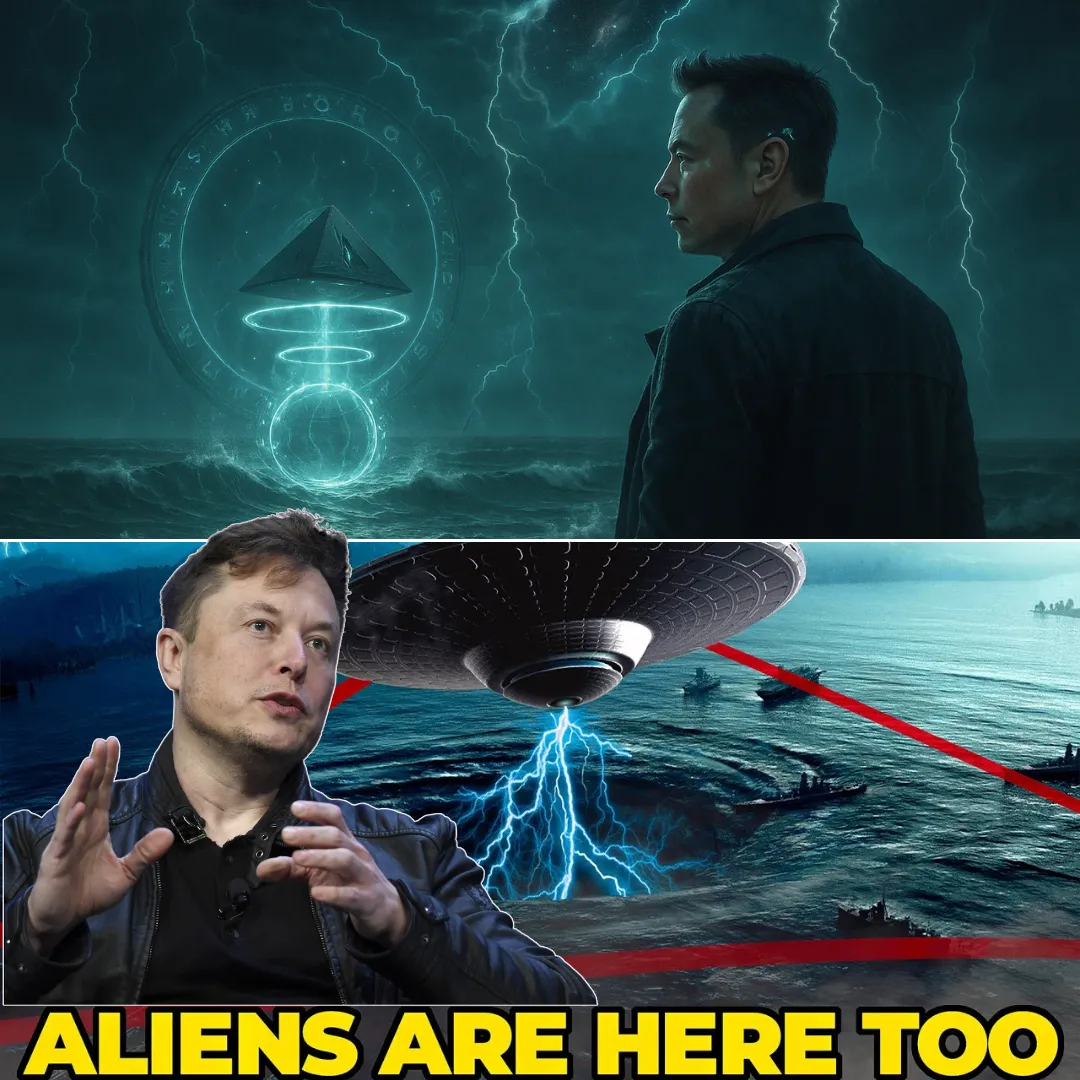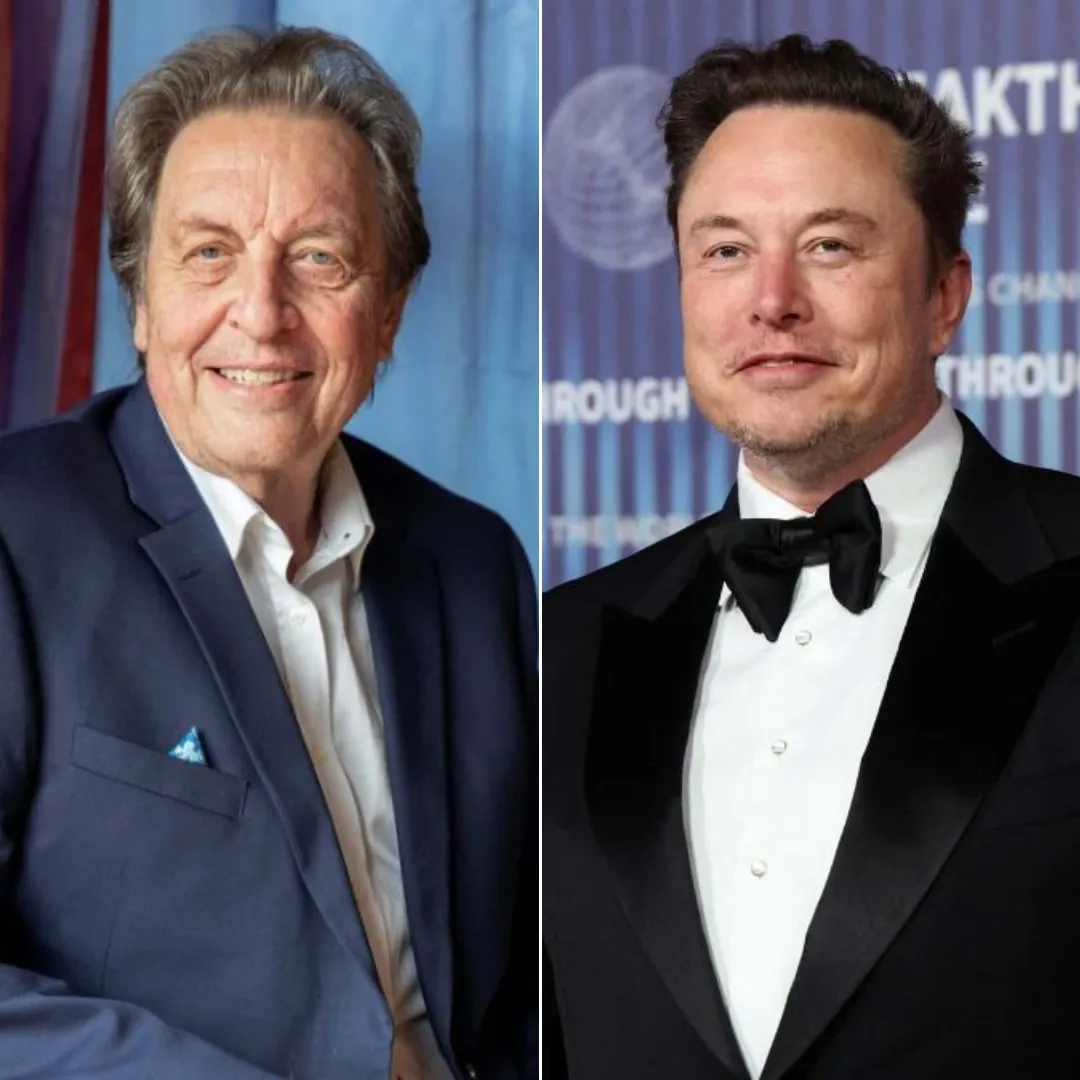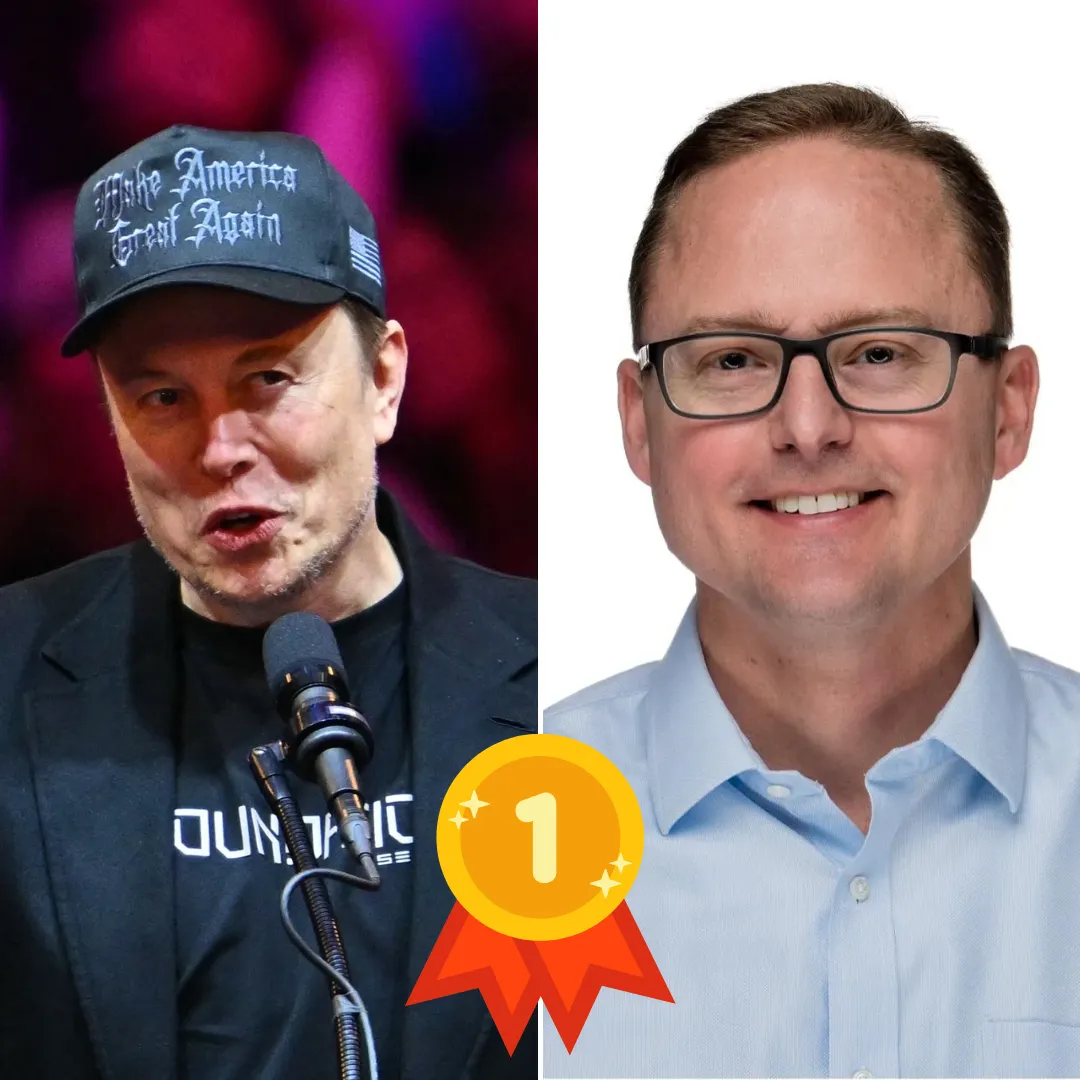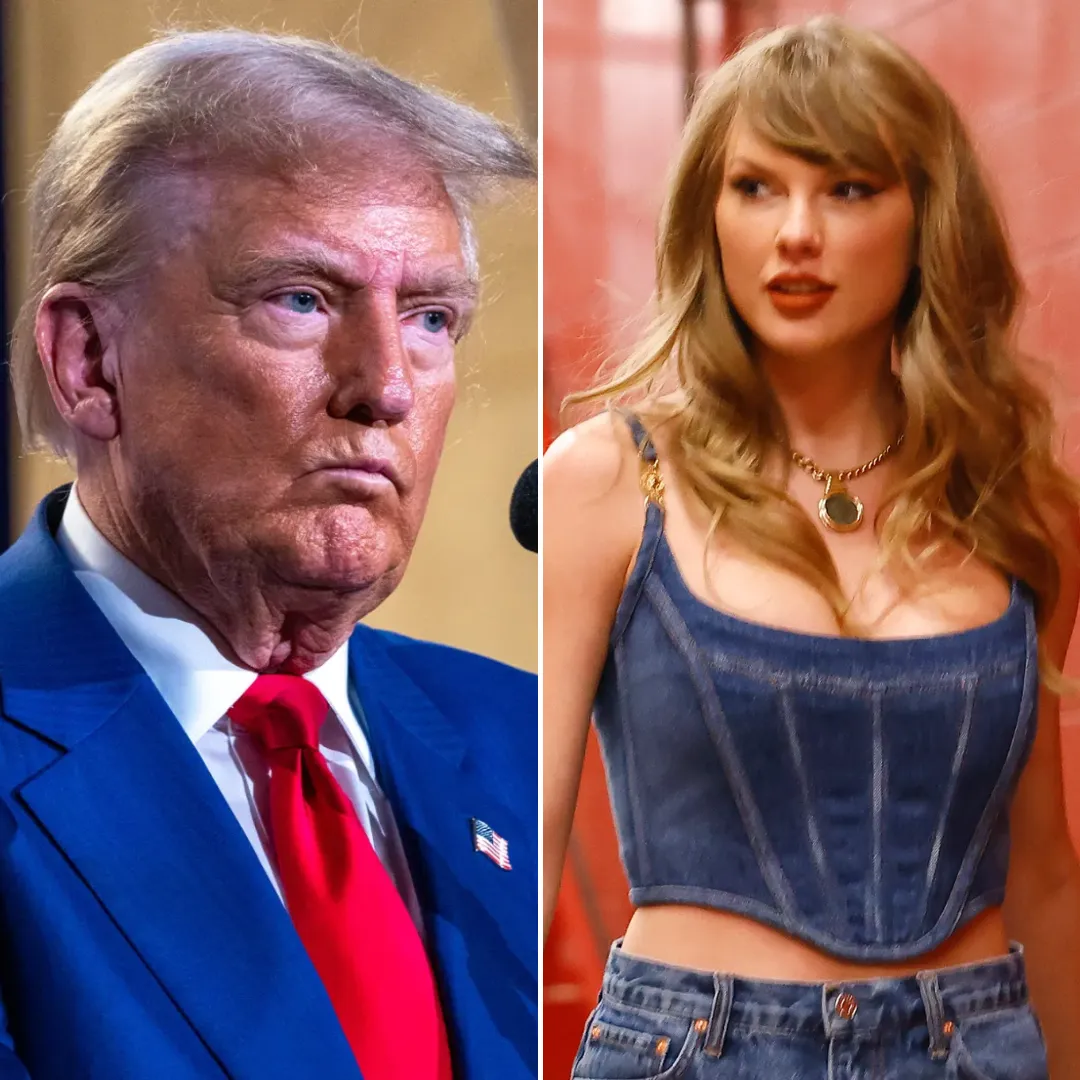
Elon Musk’s high-profile visit to Saudi Arabia this past week, timed with President Donald Trump’s ambitious geopolitical and financial realignment efforts, sent a jolt through global markets—one strong enough to propel Tesla Inc.'s market capitalization beyond the $1 trillion threshold once again. The move is more than symbolic. It signals a fusion of diplomacy, technology, and high-stakes global investment that has rapidly repositioned Tesla from a troubled electric vehicle manufacturer to a central player in the AI and geopolitical realignment narrative emerging out of Riyadh.
During the diplomatic summit, Musk was not merely a guest. He was a core figure in one of the most consequential gatherings of capital and technological power this year. Alongside other U.S. tech magnates such as Jensen Huang of NVIDIA, Sam Altman of OpenAI, and Ruth Porat of Google, Musk took part in the Saudi-U.S. Investment Forum—a platform that formally unveiled a $600 billion bi-national investment program.
Notably, this initiative centers on artificial intelligence, energy infrastructure, and data centers—areas where Tesla, under Musk’s guidance, is rapidly expanding its footprint.

This trip couldn’t have come at a more critical time for Tesla. Facing immense pressure from declining Chinese sales—Tesla’s China deliveries were down a dramatic 56% year-over-year in May—the company was in urgent need of a morale and investor sentiment boost. The timing of Musk’s Riyadh appearance, matched with Saudi Arabia’s aggressive investment stance toward American AI and tech firms, proved catalytic.
Just one day after the forum, Tesla stock surged 4.9%, closing at $334.07, and lifting its market capitalization back above $1 trillion. For a company recently plagued by regulatory scrutiny, CEO political distractions, and plummeting quarterly earnings, this rebound is both a vindication and a signal of investor confidence in Musk’s long-term strategy.
Musk’s involvement in the Saudi summit is not without strategic significance. Saudi Arabia, led by Crown Prince Mohammed bin Salman, has positioned itself as a key global investor in emerging technologies—particularly AI. The kingdom’s state-controlled DataVolt announced plans to invest $20 billion in U.S.-based data centers and energy infrastructure, while companies like Google, Oracle, Salesforce, AMD, and Uber jointly committed an additional $80 billion toward transformative tech initiatives.
Musk, whose xAI company has quietly been building its own ecosystem of AI-powered infrastructure parallel to OpenAI and Google, found fertile ground for collaboration—and funding—within these forums.

Moreover, Tesla’s ambitions are no longer limited to EVs and solar panels. The company’s deepening integration of artificial intelligence into autonomous driving, energy optimization, and robotics positions it squarely within the domain of Saudi Arabia’s long-term Vision 2030, which seeks to wean the kingdom off oil dependency and embrace a diversified, knowledge-based economy.
Tesla, uniquely, offers both the infrastructure and the innovation narrative the Saudis are hungry for—and Musk’s charismatic global influence helps make the package all the more alluring.
Still, the domestic front presents complications. The U.S. House Ways and Means Committee recently proposed legislation that would sunset the $7,500 EV tax credit by the end of 2025. While this poses a potential affordability challenge to Tesla’s core consumer base, another clause in the bill could benefit the company: it introduces a deduction for auto loan interest on vehicles manufactured domestically.
Given Tesla’s production facilities in California and Texas, this tax policy shift could incentivize more domestic buyers even in the absence of traditional tax credits.
Tesla’s resilience also owes a great deal to the continued support of major investors like Ron Baron, founder of Baron Capital, which holds significant Tesla shares. Baron remains publicly bullish on the company’s long-term trajectory, particularly in the self-driving space.

In a recent investor note, he reiterated his expectation that Tesla’s value could increase tenfold in the coming decade, pointing specifically to the company's pilot rollout of a self-driving taxi fleet in Austin, Texas. Baron’s vote of confidence—alongside Musk’s global dealmaking prowess—has helped anchor institutional support even through rough quarters.
Yet one cannot ignore the underlying risks. Tying Tesla’s future so tightly to foreign capital, particularly from authoritarian-leaning regimes such as Saudi Arabia, opens the door to political entanglements. Critics within Washington and beyond have already voiced concern that Tesla, like many American tech firms, could become overly reliant on foreign funds, especially as the U.S. moves toward a more protectionist economic policy.
The White House’s ongoing debate around intellectual property laws—sparked in part by Musk’s controversial suggestion that copyright protections be abolished—adds further complexity to the company’s evolving public image.
The controversy took a sharper turn when the Trump administration recently fired the head of the U.S. Copyright Office, just days after the release of a lengthy report warning about AI’s use of copyrighted material without consent. Many lawmakers, including Democratic Rep. Joe Morelle, viewed the firing as political retribution, accusing the administration of aligning too closely with Musk’s anti-regulation stance.

For now, it remains unclear how these domestic legal tensions will shape Tesla’s ability to operate freely in AI development—particularly if courts begin cracking down on how training data is acquired.
Despite these crosswinds, Tesla’s upward momentum shows little sign of slowing. The stock’s post-Saudi surge sent a strong signal to both Wall Street and Silicon Valley that Musk’s strategy—pairing global diplomacy with capital-intensive innovation—is not only viable but profitable.
It also underscored a broader shift in how global business is conducted: not in boardrooms or legislative halls, but in international summits where tech CEOs and political leaders forge the next phase of capitalism together.
Elon Musk’s Saudi stopover may appear on the surface as just another photo-op in a long line of international diplomacy, but its impact on Tesla’s financial standing is indisputable. By embedding himself and his brand in the middle of the most aggressive international investment wave in recent memory, Musk not only restored investor confidence but also reasserted his role as the architect of 21st-century industrial strategy.
For Tesla, the message is clear: the road to the future might be electric, but it now runs through Riyadh.
As Tesla continues to navigate policy battles at home and competitive pressure abroad, the trip to Saudi Arabia will likely be remembered as a turning point—a moment when the company, battered yet resilient, re-entered the trillion-dollar club and signaled that it is once again ready to lead the global conversation on innovation.
And at the center of it all stands Elon Musk, the tireless dealmaker, who once again proved that in the game of global tech dominance, few play harder—or smarter.



